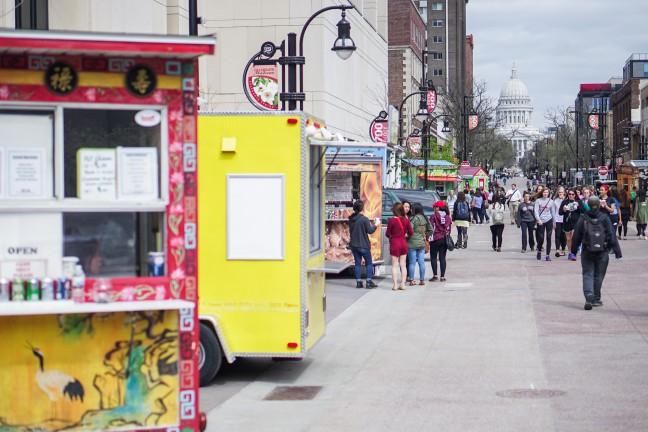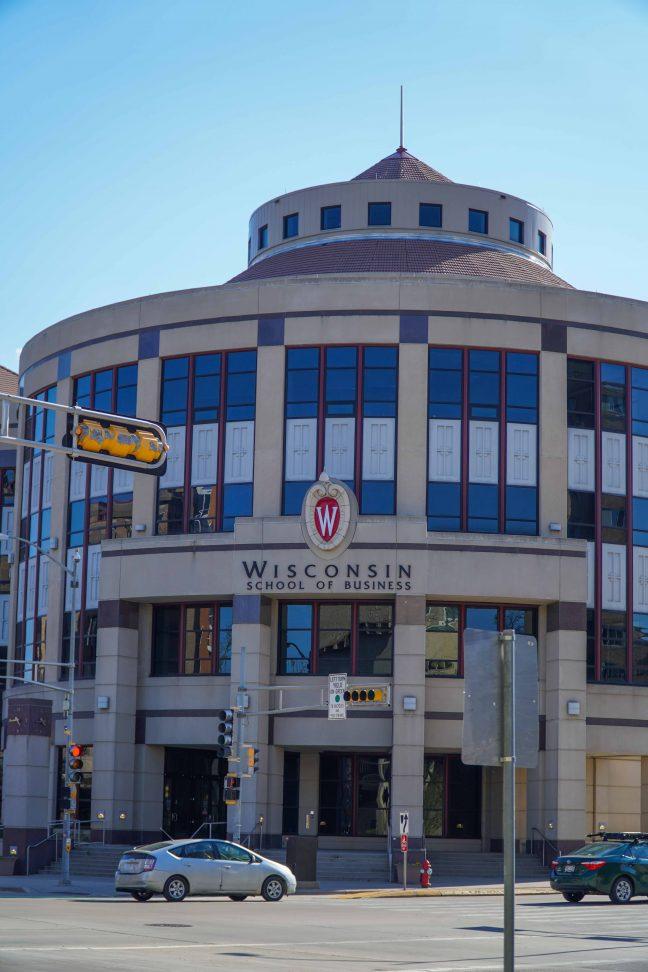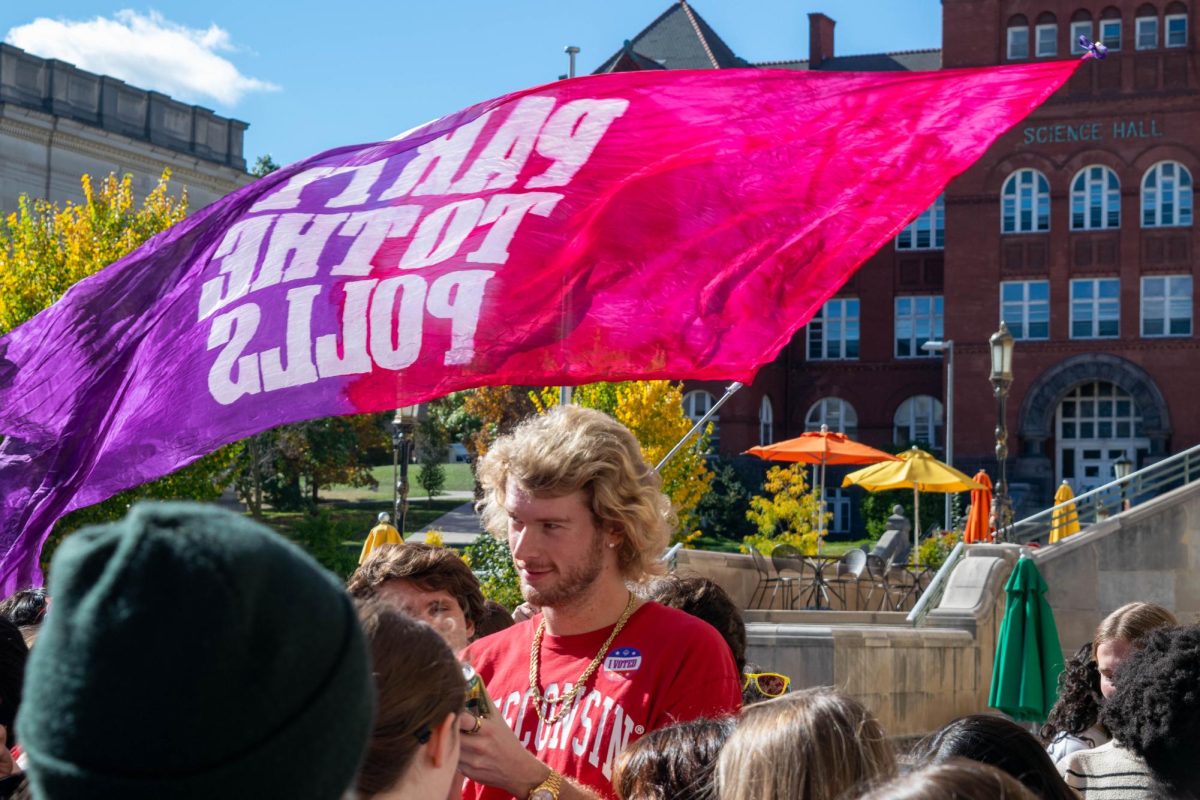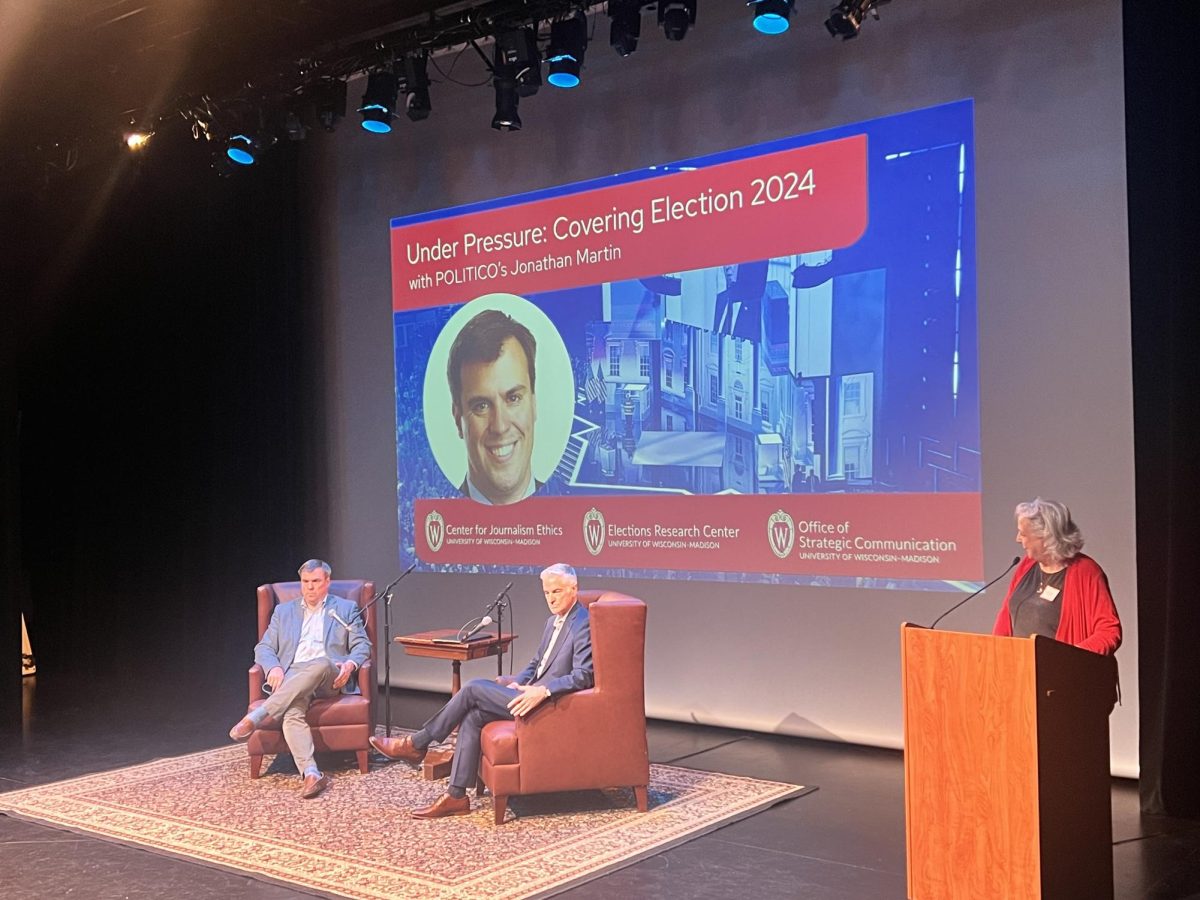According to Cardinal Bar owner Ricardo Gonzales, the state of Camaguey is Cuba’s “dairy land.”
“I thought it would be appropriate that we institute a sister-city agreement between the capital of Wisconsin, and the capital of Cuba’s legendary agricultural basin,” said Gonzales, who served as the District 4 alder from 1989 to 1995, and who was born in the capitol city of Camaguey.
Currently, Camaguey is one of several sister-city projects in Madison. Other sister cities are located in Germany, Lithuania, Vietnam, Italy, El Salvador and East Timor.
“A sister-city agreement is a program that helps develop a special relationship between both communities. This is especially important in Camaguey, because the United States and Cuba have had no diplomatic relations for over 40 years,” said Gonzales. “Madisonians and people in Wisconsin are able to have contact with Cubans and develop a more enlightened relationship with Cuba once normalized relations take place again,” he continued.
Gonzales believes that American foreign policy is moving toward free relations with Cuba, though progress is slow because of Cuba’s Communist government.
“This is more of a domestic than a foreign issue. There are many Cuban exiles who are bitterly anti-Castro living in Florida. We all know what an important role the state of Florida plays in presidential elections — as a result, both Democrats and Republicans are catering to these anti-Castro feelings in order to get votes,” he said.
Madison’s agreement with Camaguey was not originally recognized by the U.S. State Department.
“The Bush administration is not sympathetic to sister-city agreements in Cuba. The Clinton administration was more sympathetic. It’s too bad that Bush is not,” Gonzales said.
When the sister-city agreement was completed in 1994, City Council members faced many obstacles.
“One way to soften the government’s position on Cuba is to allow travel back and forth,” said former Madison mayor Paul Soglin. “We made it clear to [the government] that we were going whether we got support or not. I did meet with State Department officials when we returned”.
Since the program’s inception, the State Department has recognized Camaguey as Madison’s sister city.
“We had trouble obtaining the special license from the Department of the Treasury to travel to Cuba,” Gonzales said. “The early days were very difficult. Over time, our humanitarian work was important enough that we were able to get the licenses to go. Since then, 350 Madisonians have traveled to our sister city, offering assistance.”
“Our primary mission is humanitarian — the State Department allows us to go freely and legally, leaving from the United States rather than going through Mexico or Canada,” said Ald. Todd Jarrell, District 8. Jarrell visited Camaguey during late September, and returned in early October.
Madisonians traveling to Camaguey have taken medical supplies, antibiotics and have helped to rehabilitate the city. Madison has sponsored the city’s municipal concert band and also helped to restore a children’s amusement park.
“We brought humanitarian supplies, mostly medicine, to Camaguey. Our country’s embargo against Cuba means that no medical supplies can be sold there at all. We also visited the city’s mayor and State Assembly members,” Jarrell said of his trip.
“I always supported [the agreement],” Ald. Dorothy Borchardt, District 12, said. “I have always wanted to go to Camaguey — this is different than Madison’s sister cities in Germany or Italy, because rather than just being interesting, it is a working project. There are so many needs in Cuba.”
“It was very controversial,” said Soglin. “I was maybe the third or fourth elected official from the United States to have gone to Cuba. I was the first other than congressional members,” he continued.
Madison was the second American city to arrange a sister-city agreement with a Cuban city. Currently there are 12 such agreements in Cuba, with approximately 20 more in the works.
“Cubans are some of our closest neighbors — we need to be closer to them than we are. Many Americans, and I think most Madisonians, are against the embargo. The few people in power support it. This has been going on for over 40 years, and there is no logical reason for it at all,” Jarrell said.







